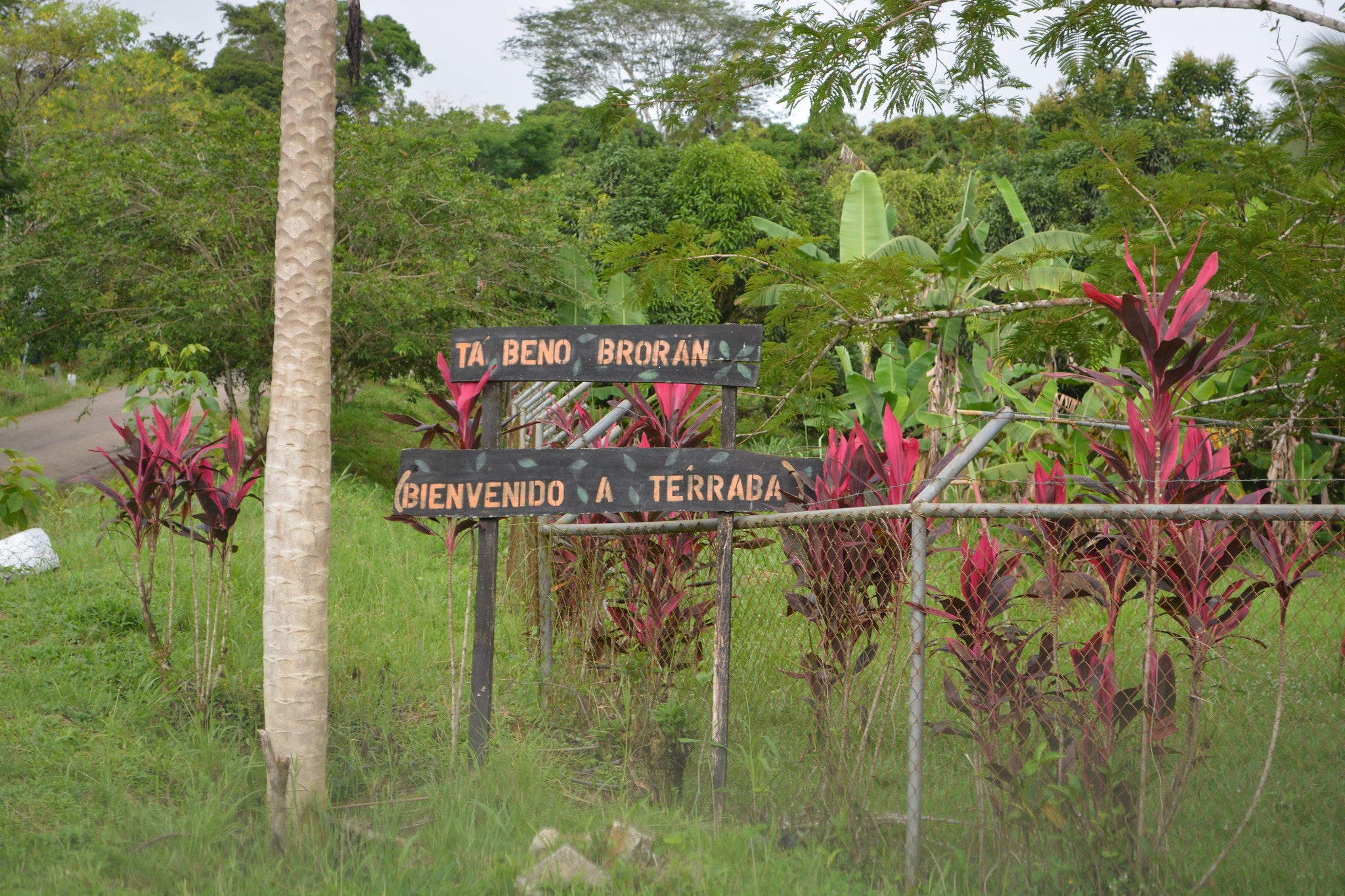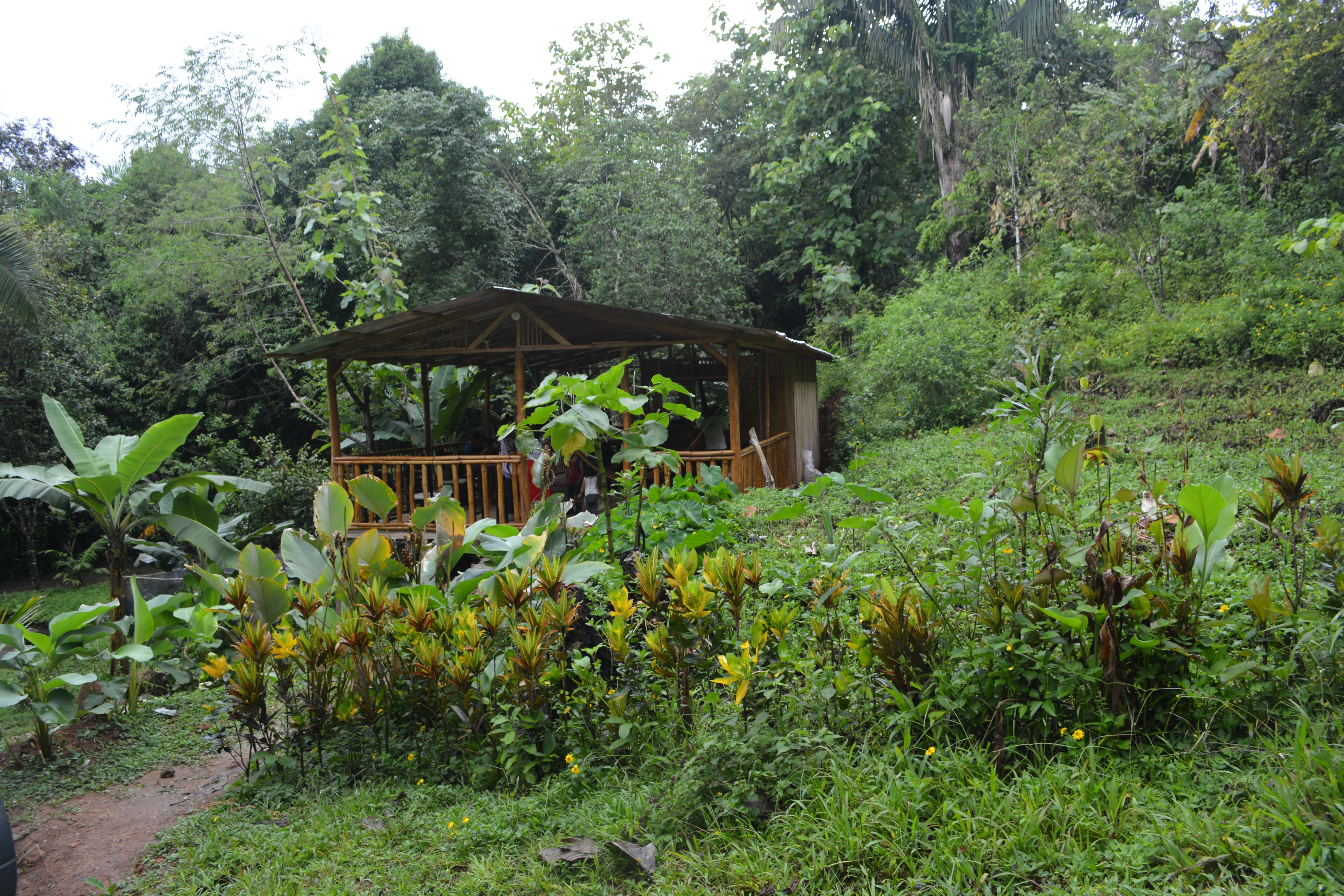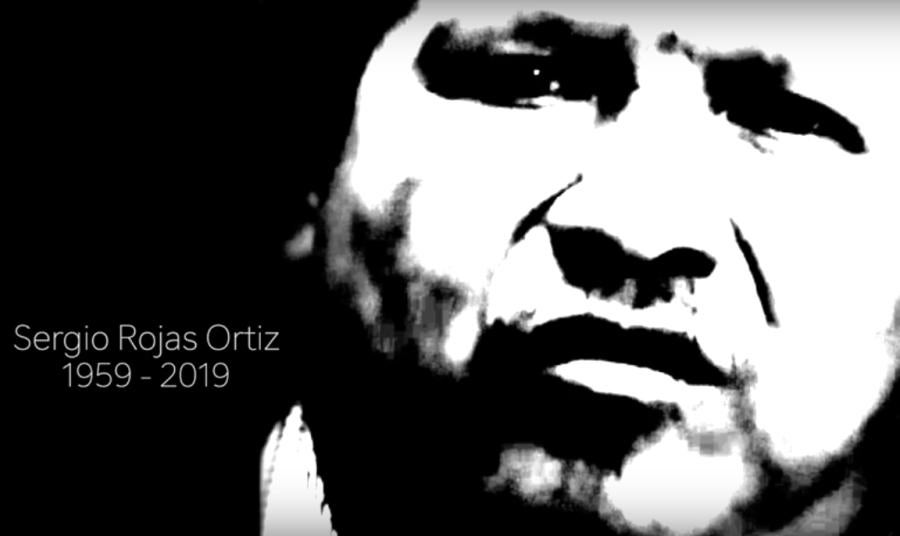
By John McPhaul
On October 19, 2022, the Constitutional Chamber of the Costa Rican Supreme Court rejected a request of unconstitutionality brought against Article 3 of the country's Indigenous Law that prohibits non-Indigenous people from acquiring or selling land inside any of the country’s 24 Indigenous Territories.
The Constitutional Chamber, better known as the Sala IV, found in a majority ruling that the government did not have to compensate landholders who acquired property inside Indigenous territories after the passage of the country's Indigenous Law in 1977, which created the Indigenous territories for the country's eight separate Indigenous Peoples. Of the eight Peoples, only the Chorotega of the northern Guanacaste Province are related to other civilizations of Central America. The rest—the Boruca or Bröran, the Bribri, the Cabécar, the Ngabe or Guaymí, Huertar, Maleku, and Terraba or Teribe—all descend from the Chibcha people of northern South America.

Article 3 of the Indigenous Law states: "Indigenous reserves are inalienable and imprescriptible, non-transferable and exclusive for the Indigenous communities that inhabit them. Non-Indigenous persons may not rent, lease, buy or otherwise acquire land or farms within these reserves. Indigenous people may only negotiate their lands with other Indigenous people. Any transfer or negotiation of lands or improvements thereto in Indigenous reserves, between Indigenous and non-Indigenous, is absolutely null, with the legal consequences of the case."
In an audio statement addressed to the press, Fernando Castillo, the Presiding Magistrate of the Constitutional Chamber, said that according to jurisprudence, non-Indigenous people who have purchased land within Indigenous reserves after the Indigenous Law went into effect have not acted in good faith. "The Sala IV by majority decided to declare the action of unconstitutionality without foundation and upheld the decision of the First Chamber to the Supreme Court of Justice and, consequently, make these sales null and void. Considering the lack of good faith, the State is not obliged to compensate the non-Indigenous buyers, much less exercise the expropriation power," said Castillo.
Indigenous Peoples trying to reclaim their land have clashed with illegal landholders who acquired their property after the Indigenous Law went into effect. Two Indigenous leaders have been killed as a result of the tensions between the Indigenous people and the settlers: Bribri leader and land rights activist Sergio Rojas Ortíz, who was murdered in March 2019, and Bröran leader Jehry Rivera, who was killed in February 2020. Despite solid leads as to the identities of the perpetrators, no arrests have been made.

In late September 2022, the Sala IV also threw out a challenge to the entire Indigenous Law by the Multiethnic and Pluricultural Association of Buenos Aires, the Traditional Authority of Ethnic Elders of Buenos Aires, and the Ancestral Authorities of Mesoamerica—landholder groups that claim to represent Indigenous people, but actually have a more complex agenda. According to the Costa Rican press, the three plaintiff organizations wanted the Indigenous Law 6172 to be declared unconstitutional, alleging that the right to self-determination of Indigenous Peoples and the right to consultation with the Indigenous population are not regulated under that law. They also allege that the Indigenous Law suffered defects of procedure and substance from its inception in 1977 and that it violates the fundamental right to consultation as laid out in Article 6 of ILO Convention 169, due to the absence of a regulatory framework in the law to the detriment of Indigenous Peoples.
The Sala IV ruled that the organizations had no mention in their founding charters of defense of Indigenous rights, and therefore had no claim to defend the Indigenous people in court as they claimed to do in their suit. “[The Multiethnic and Pluricultural Association of Bueno Aires] is a civil association whose objectives are totally academic, social, and cultural. It is not recorded, as one of its purposes, the national defense of the Indigenous community or of any particular Indigenous group," per the Court.
--John McPhaul is a Costa Rican-American writer based in San Juan, Puerto Rico.

